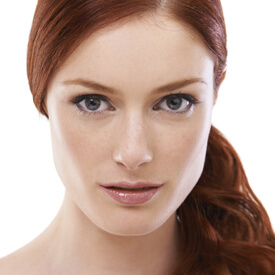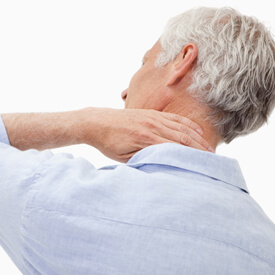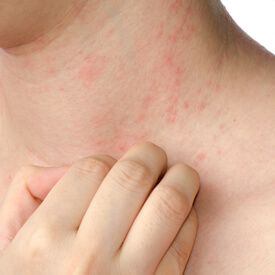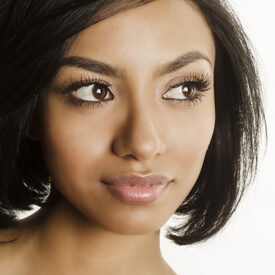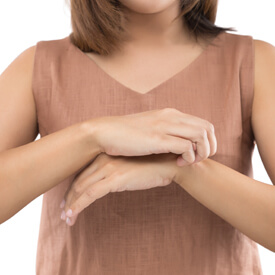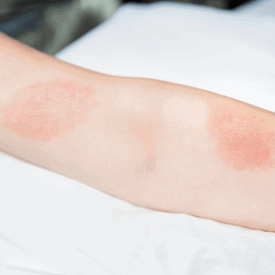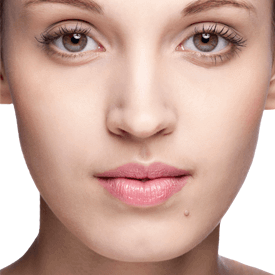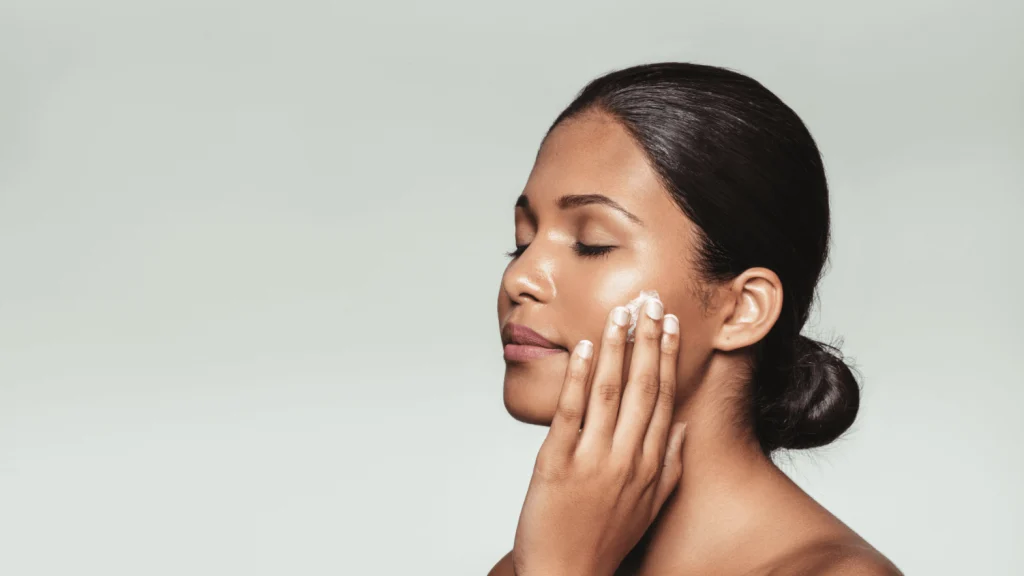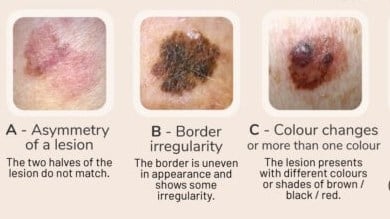Texture improvement, collagen production, minimized wrinkles, and anti-inflammatory properties are benefits of using retinoids!
Warts in Fort Washington, PA
ABOUT WARTS
Warts are a common skin condition most usually found on the hands, fingers, and around the fingernails. They tend to look like small, fleshy peas, but they may vary in size. It is also common for warts to appear in clusters on the knees and elbows. Although warts are harmless for the most part, they can be unsightly and bothersome. Over-the-counter wart removal treatments are usually not enough, so the medical director at the Dermatology and Skin Cancer Institute, Dr. Aradhna Saxena, offers wart removal. If you have a wart or other skin growth you want removed, schedule a consultation with someone on Dr. Aradhna’s professional medical team. The Dermatology and Skin Cancer Institute has offices in Fort Washington, Lansdale, and Willow Grove, PA.
CAUSES
Warts are caused by the human papilloma virus, otherwise known as HPV. They are usually spread from person to person through skin-to-skin contact. Warts can also be the result of contact with an object that a wart has touched, such as exercise equipment or a towel. It is easier to get warts through a cut or scape in the skin, so areas that are frequently shaved (the face, legs, or under the arms) are at increased risk.
SYMPTOMS
Common wart symptoms include bumps that are tender and grainy at the top and fleshy feeling. The area with the wart can be rough to the touch. Plantar warts appear on the soles of the feet. Also known as foot warts, they look like light brown or flesh-colored lumps that are speckled with tiny, black spots, which are clotted blood vessels. Flat warts are smaller and smoother compared to other types. Flat warts can grow anywhere, but they are most common on the face and legs.
TREATMENT OPTIONS
Even after your initial treatment, warts can reoccur, so it is important to find the right treatment to minimize future outbreaks. Freezing a wart is a common treatment and is very often performed with success. With this method, your dermatologist will use liquid nitrogen to freeze the wart away. A blister will form around the wart, and the dead tissues will fall off within a week. Another option is applying cantharidin, a substance that can cause inflammation of the skin when applied to a wart. This chemical is applied to the skin to form a blister around the wart — it is a common and popular treatment because the application causes little to no pain. Electrosurgery (burning) or cryotherapy (freezing) may also be used, as well as curetting (scraping) or excising (cutting) the wart. Laser treatments, chemical peels, bleomycin injections, or immunotherapy are also treatment options if the wart is difficult to treat.
WART AND WORRY FREE
Though most warts are harmless, many patients want them removed as soon as possible. Instead of wasting time with home treatments, have your wart(s) checked out by a trained professional like board-certified dermatologist Dr. Aradhna Saxena. She will examine the wart(s) to determine the type and best course of treatment. Contact a Dermatology and Skin Cancer Institute location in the Greater Philadelphia area to schedule a consultation to treat existing warts and reduce reoccurrence.


